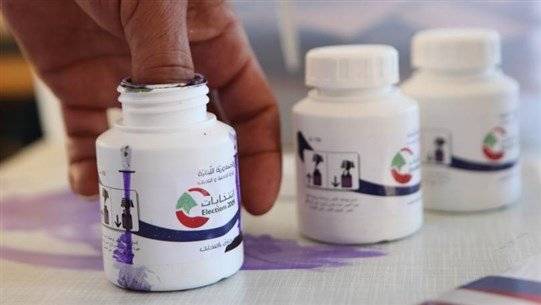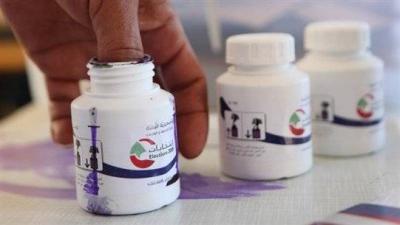The electoral scene in northern Lebanon, particularly in the first district (Akkar) and the second district (Tripoli - Minieh and Dinniyeh), has revived the political alignment of the "8 March" and "14 March" blocs; the confrontation between the two sides has become intense, particularly after Hezbollah openly declared its use of political and financial influence to ensure the victory of its allies in the Sunni stronghold, aiming to secure more Sunni seats and reinforce its majority in parliament.
Despite the presence of multiple lists in Tripoli and the Minieh-Dinniyeh region, the fiercest competition emerged between the "Rescue the Homeland" list, which is a coalition of the Lebanese Forces and former minister Ashraf Rifi on one side, and the "National Dignity" list led by former minister Faisal Karami, which includes MP Jihad al-Samad and members of the "Project Association" along with other parties supported by Hezbollah on the other side. There was also a noticeable influence on the ground from the "Lebanon for Us" list led by former MP Mustafa Alloush, backed by former Prime Minister Fouad Siniora.
The heated competition among the lists did not translate into a significant turnout at the polling stations; the voter turnout remained modest until noon, not exceeding 13 percent in this district. However, the scene changed remarkably in the afternoon, and the elections in this district were almost quiet, were it not for the attack on the convoy of the Alawite candidate, MP Ali Darwish, from the "Center of the Future" bloc (the bloc of Prime Minister Najib Mikati), preventing him from entering the predominantly Alawite neighborhood of Jabal Mohsen to cast his vote. This was due to the local residents' affiliation with the "Arab Democratic Party" led by Rafaat Eid, who fled to Syria following the initiation of his trial for the 2013 bombing of the "Al-Salam" and "Al-Taqwa" mosques in Tripoli. At 1:30 PM, buses carrying newly naturalized Syrians arrived to vote for Faisal Karami's list and the allies of Hezbollah and the Syrian regime, aiming to bolster their chances after the turnout of their supporters from within the district decreased.
The situation in the first district (Akkar) was not different from that in Tripoli; the battle experienced a severe split between the "National Moderation" list, which includes MPs Hadi Habich, Muhammad Suleiman, and Walid al-Ba’arin, after their resignation from the Future Movement, and the "8 March" list named "Akkar First," led by former MP Muhammad Yahya allied with the Free Patriotic Movement, the Social National Party, and the Ba'ath Party, with Hezbollah exerting its political and financial weight to ensure the success of its allies. The heated battle led to sporadic issues, notably an attack by supporters of the National Party on representatives of the Lebanese Forces candidates inside the polling center in the town of Barqayel, leading to the center's closure until the army and security forces intervened to restore order. Minor issues were also reported in the towns of Al-Bireh, Mishmish, and Qubayyat.
While the division between the two opposing political camps was evident, its essence lay in the competition for the Maronite seat in Akkar between MP Hadi Habich—previously part of the Future bloc—and the candidate from the Free Patriotic Movement, Jimmy Jabbour. Thus, the focus was primarily on this seat; the Free Patriotic Movement aims to win this seat and achieve a political victory in the heart of the Sunni stronghold in Akkar, while the Sunni base sought to thwart this ambition and retain the seat for Habich, who remains central to the equation of sovereignty opposing Hezbollah and its allies. Both teams have been focused on this issue in the days leading up to the elections.
**Yusuf Diab - Asharq Al-Awsat**




